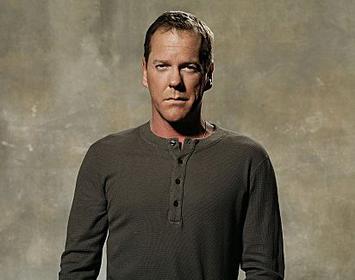Well... To begin to understand American military actions post DUBYA DUBYA DEUCE you have to understand the world stage that was left to the US... A reasonable estimate of World War II's cost to the world was about fifty million dead (military and civilian deaths combined). Europe had torn itself to shreds in this war, and nations were devastated. In contrast, the United States lost around half a million military dead and had almost no civilian casualties. At the end of the war, the American industrial plant was much stronger than before the war; the United States was the only combatant nation for which that was the case. No American cities were bombed (excepting Pearl Harbor), no U.S. territory was occupied (except two small islands in the Aleutians), and the United States suffered less than 1 percent of the war's casualties.
For that price, the United States emerged from World War II not only controlling the North Atlantic but ruling all of the world's oceans. It also occupied Western Europe, shaping the destinies of countries like France, the Netherlands, Belgium, Italy, and indeed Great Britain itself. The United States simultaneously conquered and occupied Japan, almost as an afterthought to the European campaigns.
US control of the sea meant that the United States was able not only to engage in but to define global maritime trade. It could make the rules, or at least block anyone else's rules, by denying other nations entry to the world's trade routes. In general, the United States shaped the international trading system more subtly, by using access to the vast American market as a lever to shape the behavior of other nations. It was not surprising, then, that in addition to its natural endowments, the United States became enormously prosperous from its sea power and that the Soviet Union couldn't possibly compete, being landlocked.
If we view the beginning of the twenty-first century as the dawn of the American Age (superseding the European Age), we see that it began with a group of Muslims seeking to re-create the Caliphate—the great Islamic empire that once ran from the Atlantic to the Pacific. Inevitably, they had to strike at the United States in an attempt to draw the world's primary power into war, trying to demonstrate its weakness in order to trigger an Islamic uprising. The United States responded by invading the Islamic world. But its goal wasn't victory. It wasn't even clear what victory would mean. Its goal was simply to disrupt the Islamic world and set it against itself, so that an Islamic empire could not emerge. The United States doesn't need to win wars. It needs to simply disrupt things so the other side can't build up sufficient strength to challenge it.
People talk about “the long war,” and the idea that the United States and Muslims will be fighting for a century. As is usually the case, what appears permanent is only a passing phase. Consider the twenty-year perspective. Conflict may continue, but the strategic challenge to American power is coming to an end. Al Qaeda has failed in its goals. The United States has succeeded, not so much in winning the war as in preventing the Islamists from winning, and, from a geopolitical perspective, that is good enough. The twenty-first century has begun with an American success that on the surface looks like not only a defeat but a deep political and moral embarrassment.



